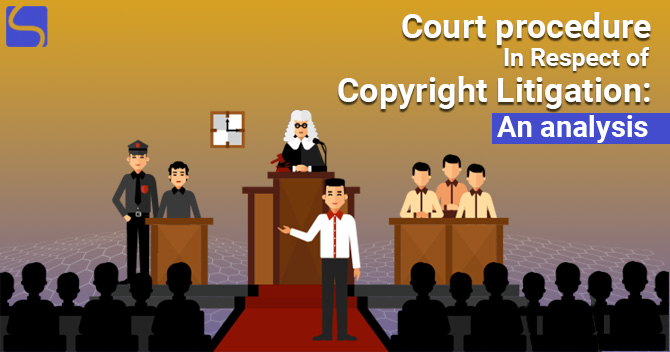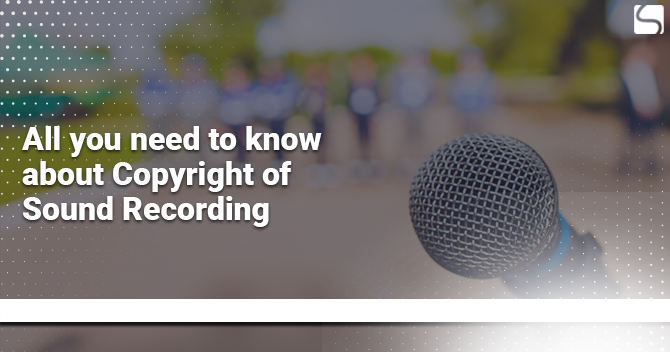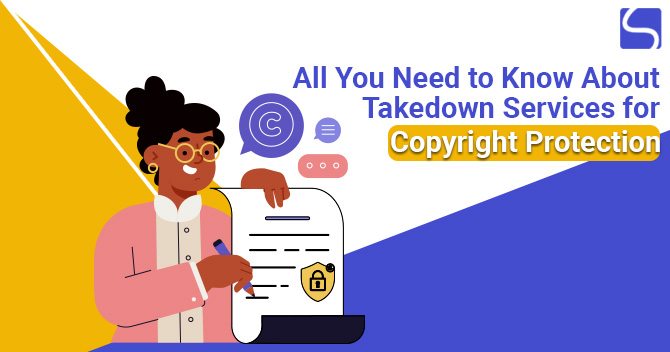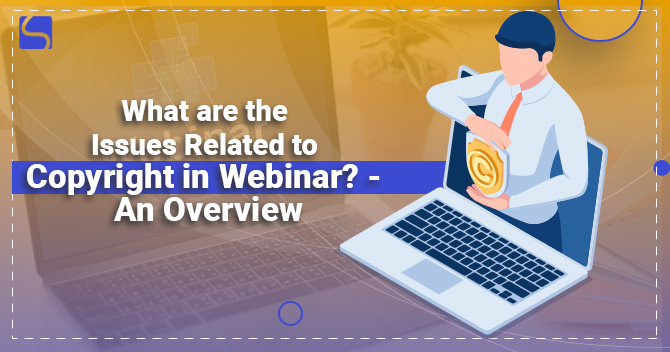Court procedure in respect of Copyright Litigation: An analysis

Siddharth Verma | Updated: Nov 11, 2021 | Category: Copyright
Whosoever violates the copyright “an exclusive right” of any person who is the original author can take the help of the judiciary and to commence copyright litigation before appropriate adjudicatory body against the alleged defendant to protect their fundamental & original rights. Although, the condition prevails when it comes to the protection of copyright, registration of original work is necessary according to the statutory law that governs the safety of the original work of the author.
Table of Contents
Meaning of copyright
In the dictionary, the meaning of copyright defines as “the exclusive right of a person to reproduce, publish, or sell their original work of authorship (as a literary, musical, theatrical, artistic, or architectural production).
Copyright act, 1957
It is important to understand the provisions with respect to the copyright act, 1957 to start the copyright litigation before the adjudicatory body. According to Section 2(m) of the Copyright Act of 1957[1] defines Infringing copyright entails the following:
About a literary, dramatic, musical, or artistic work otherwise than in the form of a cinematographic film. Incidentally, the computer program is included in the definition of literary work under section 2 (o) of the Act.
- Concerning cinematographic film, a copy of the film is made on any medium by any means.
- Concerning a sound recording, any other recording embodied the same sound recording, made by any means.
- Concerning a program or performance in which a broadcast reproduction right or a performer’s right exists under the provisions of this Act, the sound recording or a cinematographic film of such program or performance, if such reproduction, sound recording is made or imported in contravention of the provisions of this Act.
Validity of Copyright Article
The copyright protection granted to the author for 60 years reckoned from the year following the author’s death.
Copyright Infringement
An author creates new material and obtained copyright protection to ensure that their efforts are rewarded. The Author has sole authority to sell or license his work to third parties who may use it; however, if someone duplicates or reproduces the work of the copyright holder without the latter’s permission, this can result in copyright infringement, for which the owner may initiate the copyright litigation before appropriate adjudicatory authority against the infringer.
What are the elements required for copyright Infringement?
- The work should be the author’s original invention.
- The alleged did plagiarize the author’s work. This is crucial to recognize that not all factually copied material is liable in court. There must be a considerable similarity between the author’s and the defendant’s works to prove that the defendant has infringed the author’s copyright.
Registration of a copyright
Copyright can be registered through the following three steps:
- Application
- Examination
- Registration
- Application– An author may file a copyright registration application either personally or through an authorized legal representative. The said application can be lodged in person at the Copyrights Office through speed/registered mail or using the e-filing capability provided on the Copyrights Office’s official website. There should be just one application for each job. Each Form IV application must be accompanied by the fee specified in the Rules’ second schedule. Depending on the type of job, the price ranges from 500 INR to 40,000 INR. The price can be paid in a Demand Draft, or an Indian Postal Order made payable to “Registrar of Copyright Payable at New Delhi.”
- Examination– When an application is submitted, a diary number is assigned. A clause requires a 30-day wait time before filing a “No Objection” response to the author’s claim. If an objection is lodged against the copyright claim, this could take an additional month. The Registrar of Copyrights allows the parties to have a hearing on the subject. The application is reviewed when the ownership decision is made or if the objection is dismissed. If a mismatch is discovered, the applicant has 30 days to correct it.
- Registration– If the Copyright Registrar is satisfied with the thoroughness and validity of the claim stated in the application after additional document submission, he shall enter the specifics of the copyright in the register of copyrights and issue a Certificate of Registration. Registration is completed when the applicant receives a copy of the entries made in the Register of Copyrights.
Court procedure & Remedies
The filing of a plaint initiates a lawsuit. The procedure for a case is outlined in Sections 26 to 35A of the Civil Procedure Code, and the rules of methods are contained in the First Schedule and govern the procedure to be followed in the litigation. The most essential of these clauses, which are crucial in copyright litigation, are outlined here. The copyright infringement claim shall be filed in the District Court with jurisdiction or in the High Court with original jurisdiction.
Plaint for copyright infringement shall contain
The objection must include, among other things, under Order.-7 rule- 1 of the code of civil procedure
- The name of the court where the suit is brought;
- The title, description, and place of residence of the plaintiff,
- The title, description, and location of residence of the defendant, so far as they may be ascertained;
- The facts contained the cause of action and when it arose,
- The facts showing that the court has jurisdiction; and
- The relief which the plaintiff claim.
Remedies
In India, the copyright law provides for remedies accessible to the author against a copyright offender. The Copyright Act of 1957 provides an author with both civil and criminal remedies and border enforcement. They are as follows:
Civil remedies- include injunctions, damages, account interpretation, delivery and destruction of infringing copies, and conversion damages.
Criminal remedies– include imprisonment, fines, the seizure of infringing copies, and the delivery of infringing copies to the owner.
Border enforcement: also provides for the ban of import and destruction of any imported items that infringe on a person’s copyright, with the cooperation of the Indian customs officials.
Conclusion
The term “copyright” refers to a type of intellectual property right. It is registered to safeguard original works of art such as music, art, literature, cinema/film, photography, or computer programs. The Indian Copyright Act is sufficient to decide and adjudicate on grievances made under it in terms of infringements. It has proper remedies under the Act to protect the authors’ interests from the Infringement of their work and resolve the course of these proceedings adequately. Also, copyright litigation can be initiated by the author by filing the lawsuit against the Infringement of his registered copyright before the appropriate adjudicatory authority.
Read our Article:A Complete Analysis of Software Copyright Infringement in India














